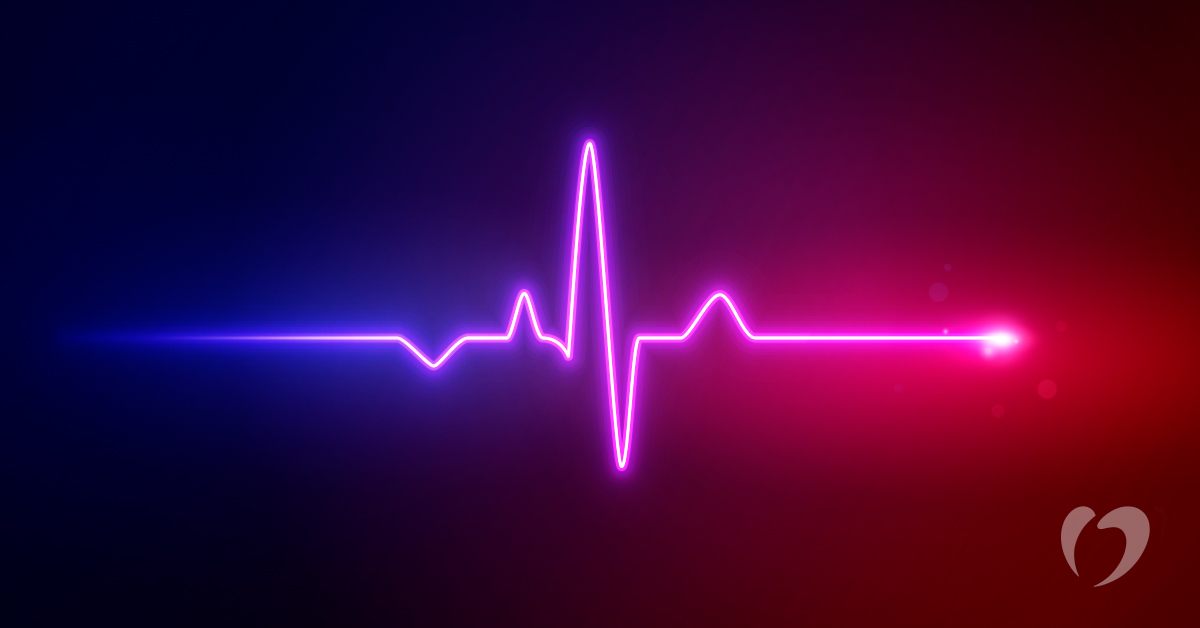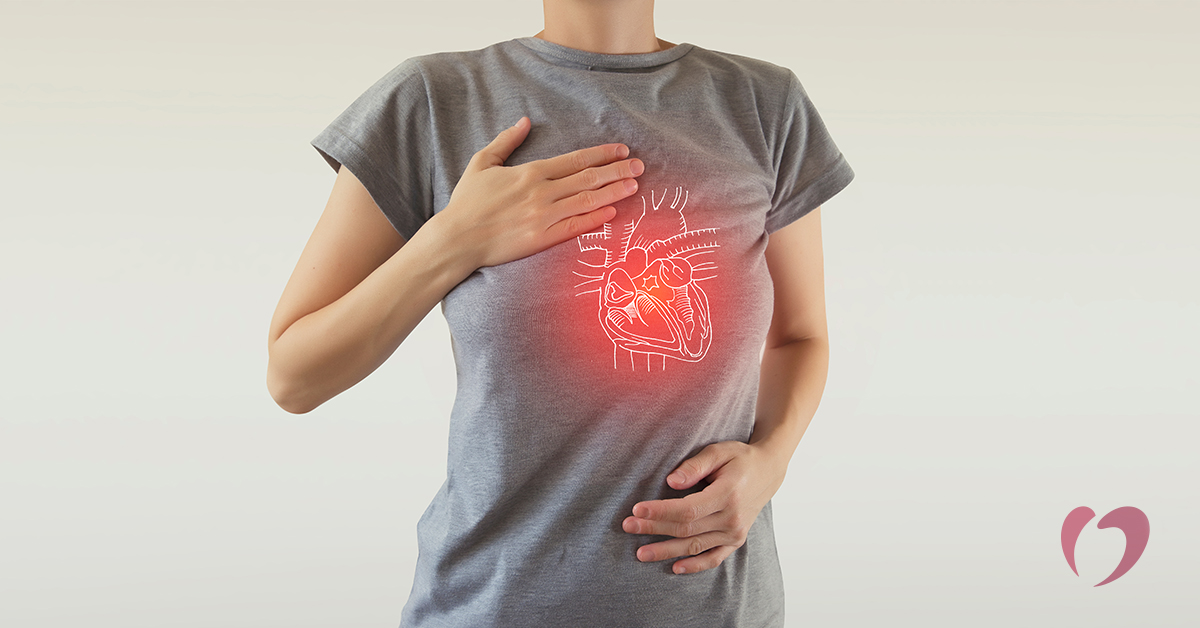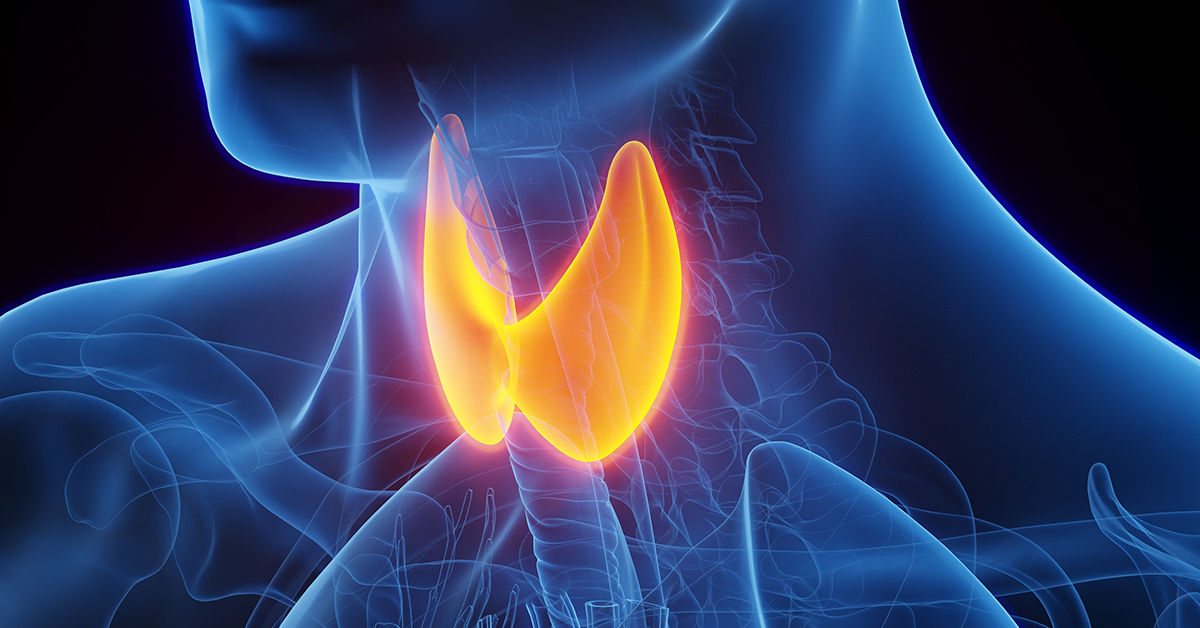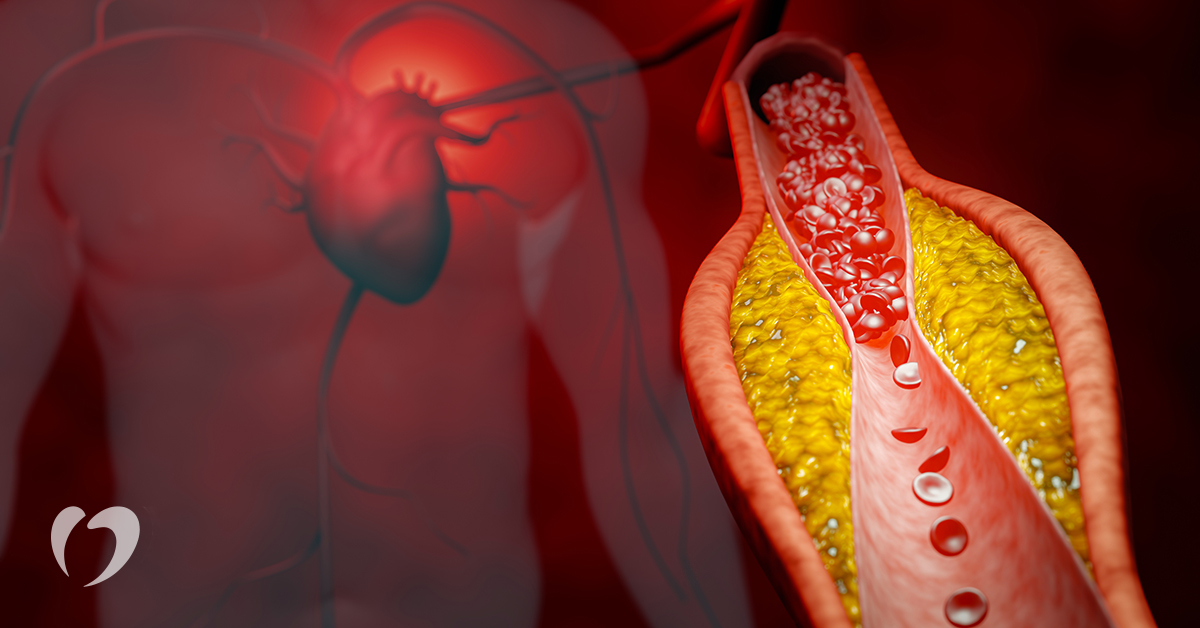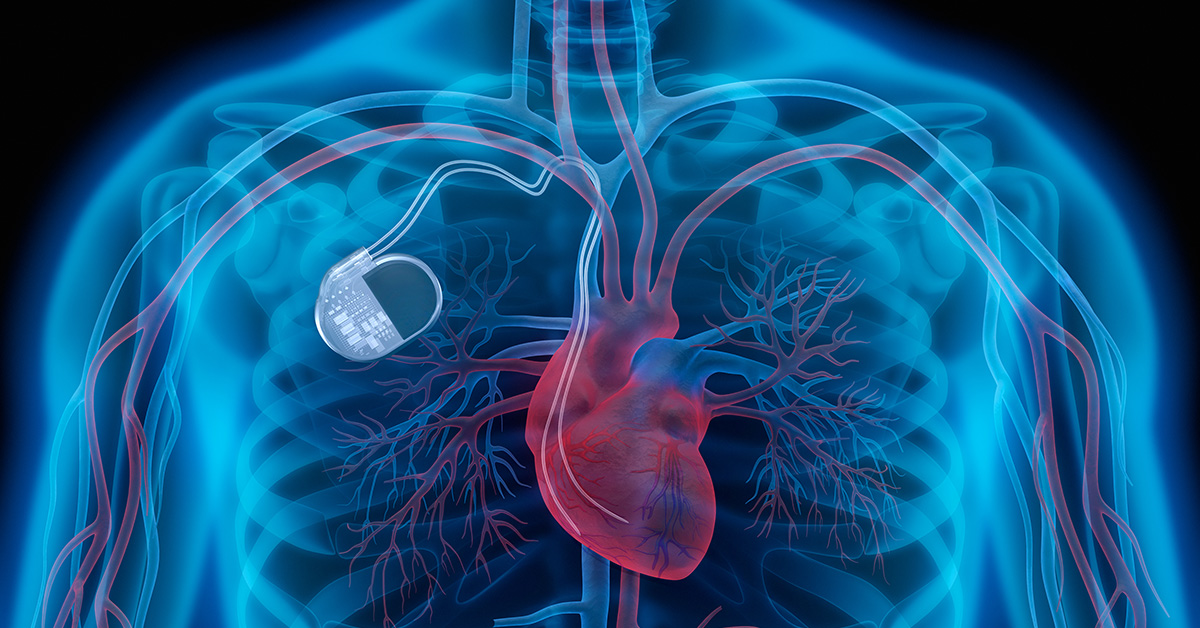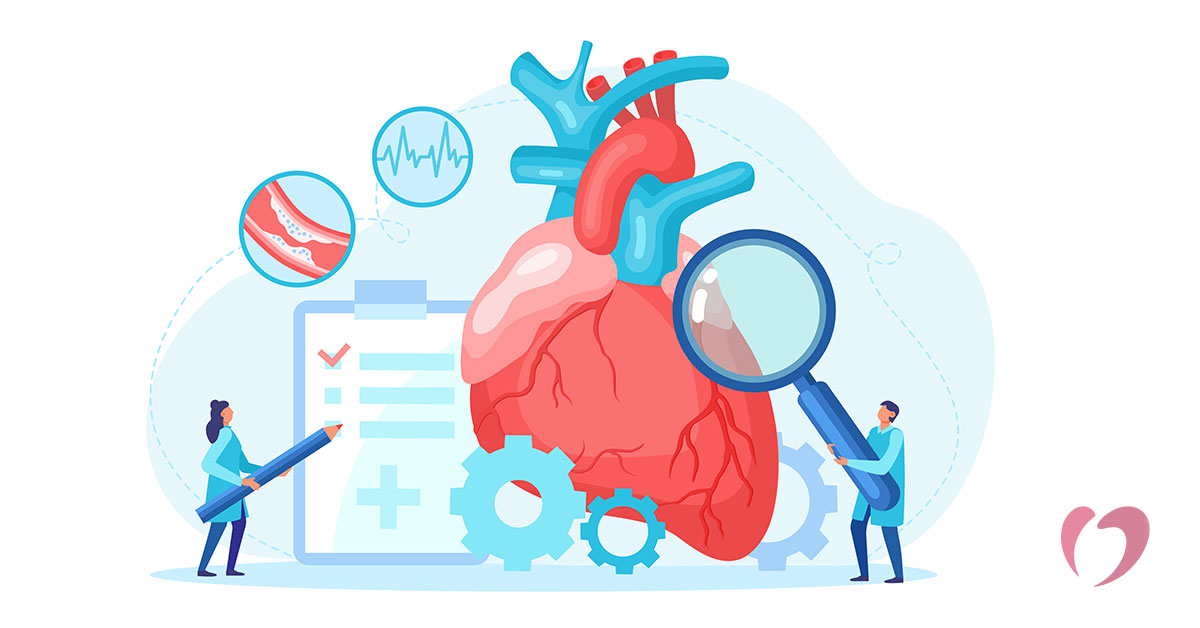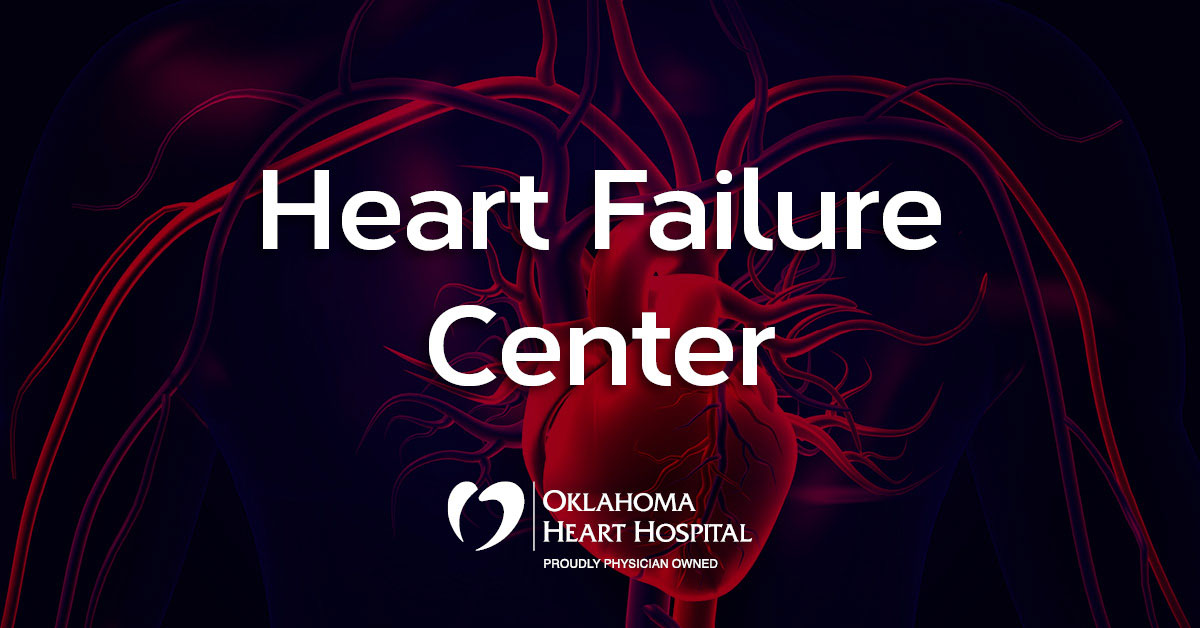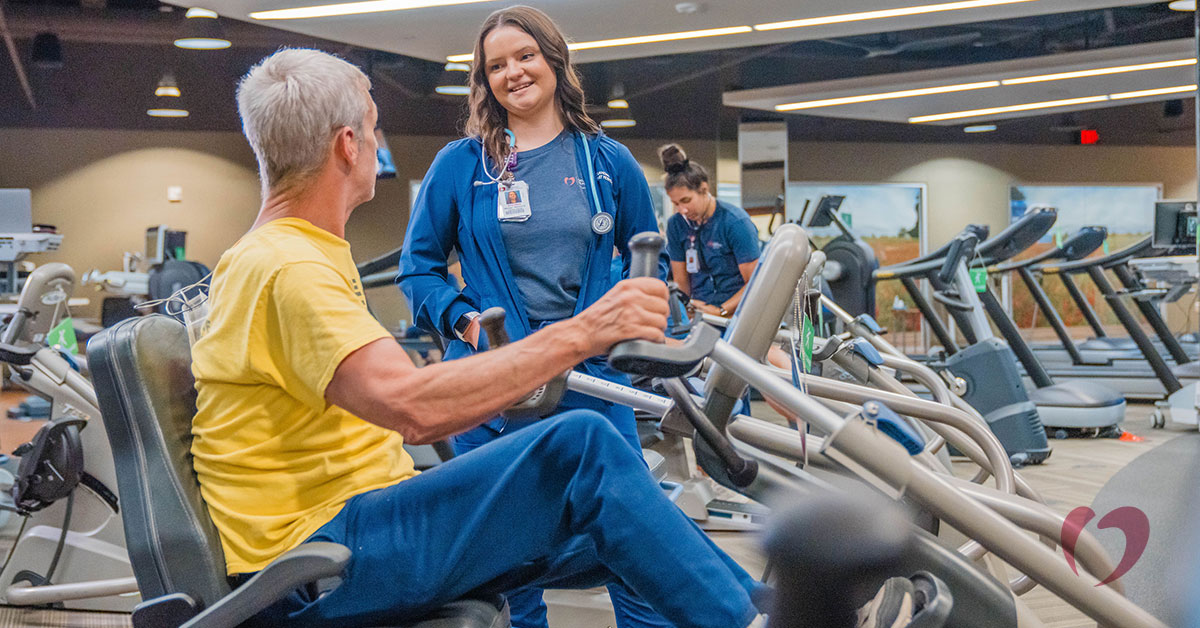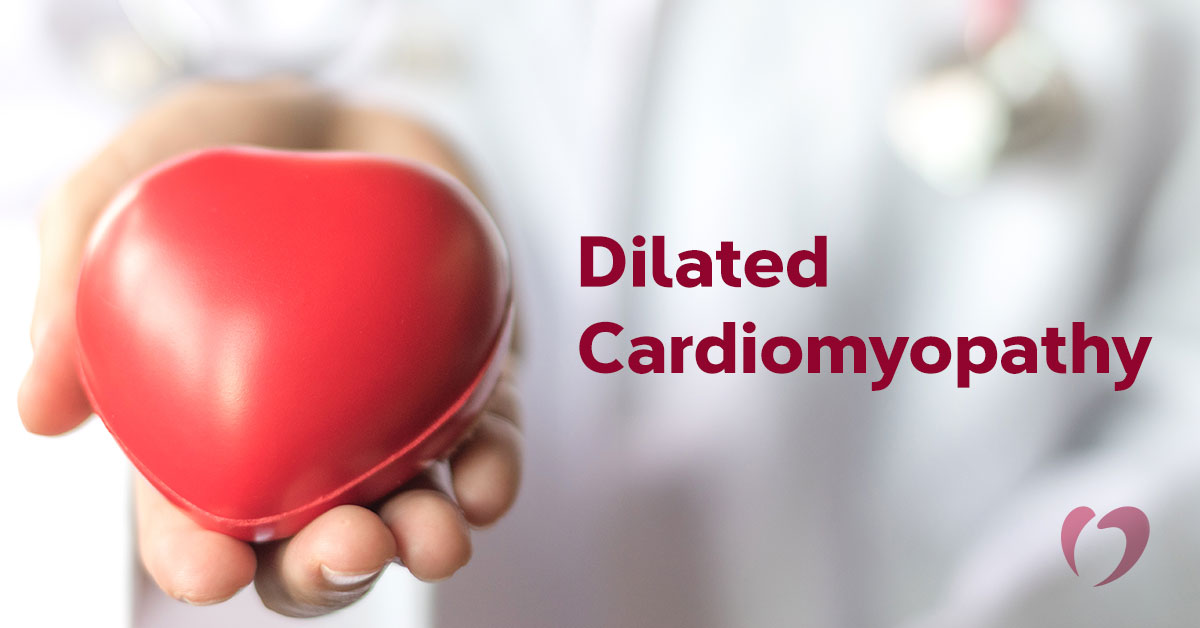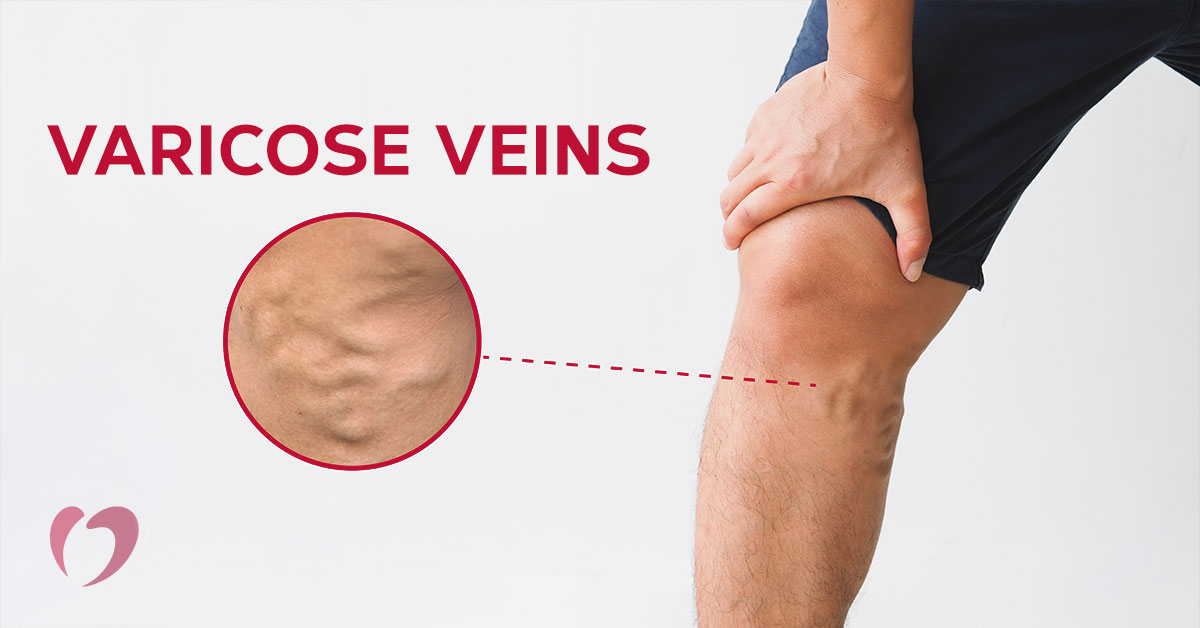How Dehydration Can Impact Heart Rhythms
Dehydration can impact heart rhythm through electrolyte imbalance and added strain on the heart. Learn how it can affect those with or without heart rhythm issues.
Read MoreHeart Attacks in Younger Adults: Understanding the Rising Trend
Heart attacks younger adults are becoming more common. Learn about the key risk factors, including lifestyle, family history, and pre-existing conditions, and how to protect your heart health.
Read MoreWhen to See an Electrophysiologist: Understanding Heart Rhythm Disorders
Experiencing symptoms like irregular heartbeats or dizziness? It might be time to see an electrophysiologist. Learn when to schedule a consultation at OHH Heart Rhythm Institute.
Read MoreHeart-Healthy Habits for Managing Cholesterol
Managing cholesterol is key to heart health. Learn how lifestyle changes like diet and exercise can help you maintain balanced cholesterol levels and reduce heart disease risk.
Read MoreRemote Monitoring for Heart Rhythm Disorders: How It Works and Why It Matters
Remote monitoring for heart rhythm disorders tracks data from pacemakers, defibrillators, and cardiac loop recorders remotely to improve care and reduce office visits.
Read MoreCommon Misconceptions About Heart Rhythm Disorders
Learn the truth behind common misconceptions about heart rhythm disorders, such as caffeine’s role and exercise risks. Understand the facts to manage heart rhythm disorders effectively.
Read MoreGender Differences in Heart Disease: Why Women’s Symptoms and Treatment Responses Differ
Women’s heart disease symptoms and treatment responses can differ from men’s. Learn more about gender differences in heart disease.
Read MoreThe Heart Health Benefits of Colorful Fruits and Vegetables
Eating a variety of colorful fruits and vegetables provides essential nutrients for heart health. Choose what you love, and keep your meals exciting and nutritious.
Read MoreWhat to Expect When Getting a Defibrillator
Learn what to expect when getting a defibrillator, from the conditions it treats to the procedure, recovery, and living with an ICD.
Read MoreChronic Inflammation and Heart Disease
Understanding the link between chronic inflammation and heart disease can help patients better manage their long-term health.
Read MoreThyroid Health and Heart Rhythm Disorders: Understanding the Connection
Your thyroid plays a crucial role in regulating several functions in your body, including metabolism, energy levels, and even your heart. Both hyperthyroidism (an overactive thyroid) and hypothyroidism (an underactive thyroid) can have significant effects on heart health, particularly when it comes to heart rhythm disorders. Understanding the connection between thyroid health and heart rhythm […]
Read MoreCoronary Artery Bypass Surgery: What to Know and What to Expect
Coronary artery bypass surgery is one of the most common types of heart surgeries performed to improve blood flow to the heart. When the coronary arteries become blocked or narrowed due to plaque buildup — a condition known as coronary artery disease (CAD) — the heart may not receive the oxygen-rich blood it needs to function properly. For many […]
Read MoreCardiac Resynchronization Therapy (CRT) Pacemakers: Getting the Heart Back in Sync
When your heart’s chambers don’t beat in unison, it can affect how efficiently your heart pumps blood. For some people, this leads to heart failure or worsening symptoms of an already weakened heart. That’s where a CRT pacemaker comes in. What is a CRT pacemaker? A CRT pacemaker, also known as cardiac resynchronization therapy, helps […]
Read MoreUnderstanding the Left Ventricular Assist Device (LVAD) for Heart Failure
Atrial Fibrillation (AFib) is a common heart condition that affects millions of people, but its symptoms can sometimes go unnoticed or be mistaken for other conditions.
Read MoreRecognizing the Symptoms of Atrial Fibrillation
Atrial Fibrillation (AFib) is a common heart condition that affects millions of people, but its symptoms can sometimes go unnoticed or be mistaken for other conditions.
Read MoreManaging and Living with Heart Failure
Discover key strategies for managing heart failure, including medication, diet, exercise, and more, plus learn how the OHH Heart Failure Center provides specialized care and advanced treatments.
Read MoreChoosing a Cardiac Rehab Program: Five Things to Consider
When choosing a cardiac rehab program, focus on accreditation, personalized care, a multidisciplinary team, accessibility, and ongoing support.
Read MoreHow Social Supports Impact Cardiac Patients
A strong social support system dramatically improves healing outcomes for cardiac patients. These three options can help patients enhance their social supports.
Read MoreDilated Cardiomyopathy
Dilated cardiomyopathy (DCM) is a condition where heart chambers enlarge and weaken, reducing their ability to pump blood effectively. It often starts in the left ventricle and impacts overall heart function.
Read MoreVaricose Vein Stripping Procedures: What to Expect
Varicose vein stripping is a minor surgery to treat bulging, painful veins. It is often performed on an outpatient basis. Here’s what to expect.
Read More


